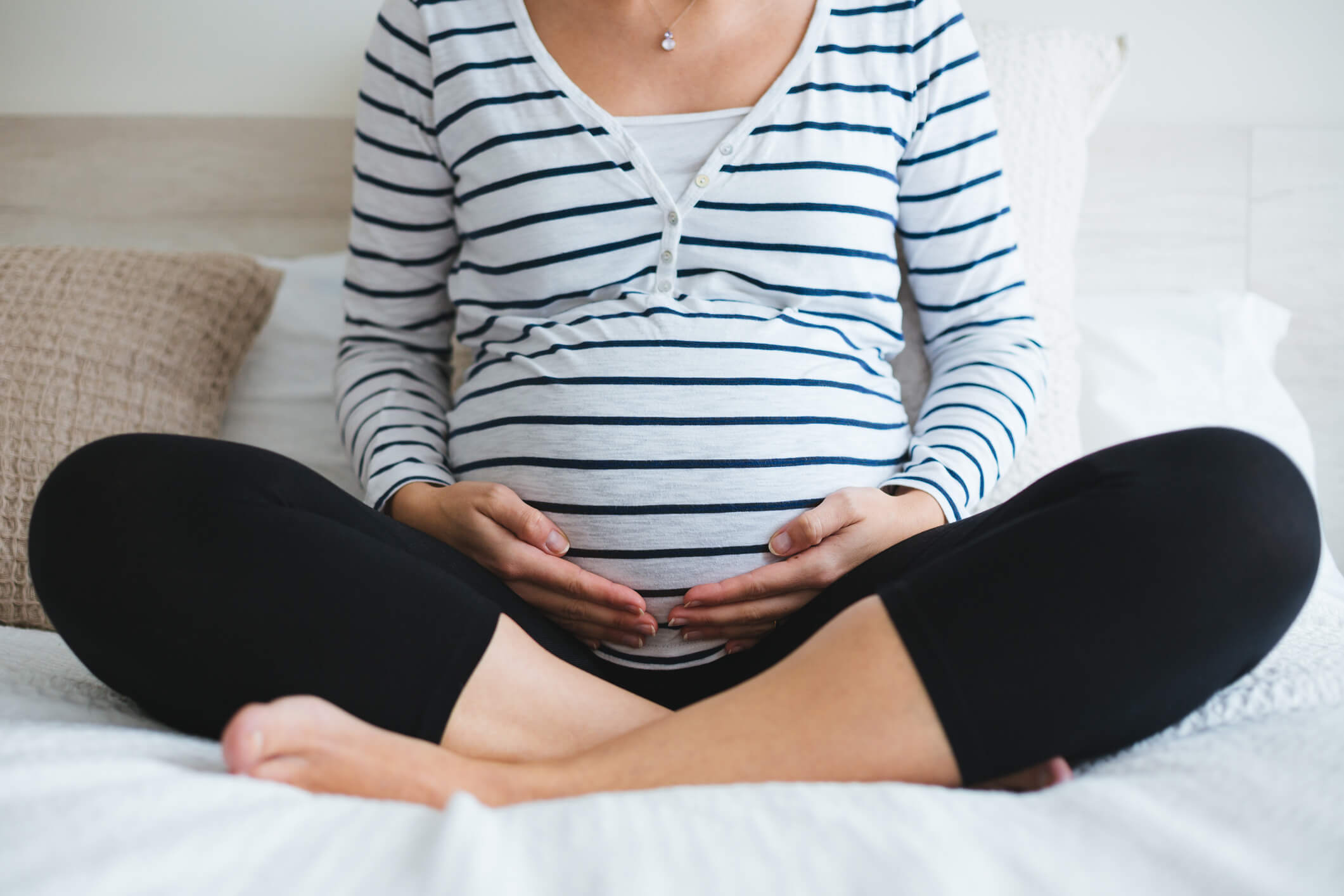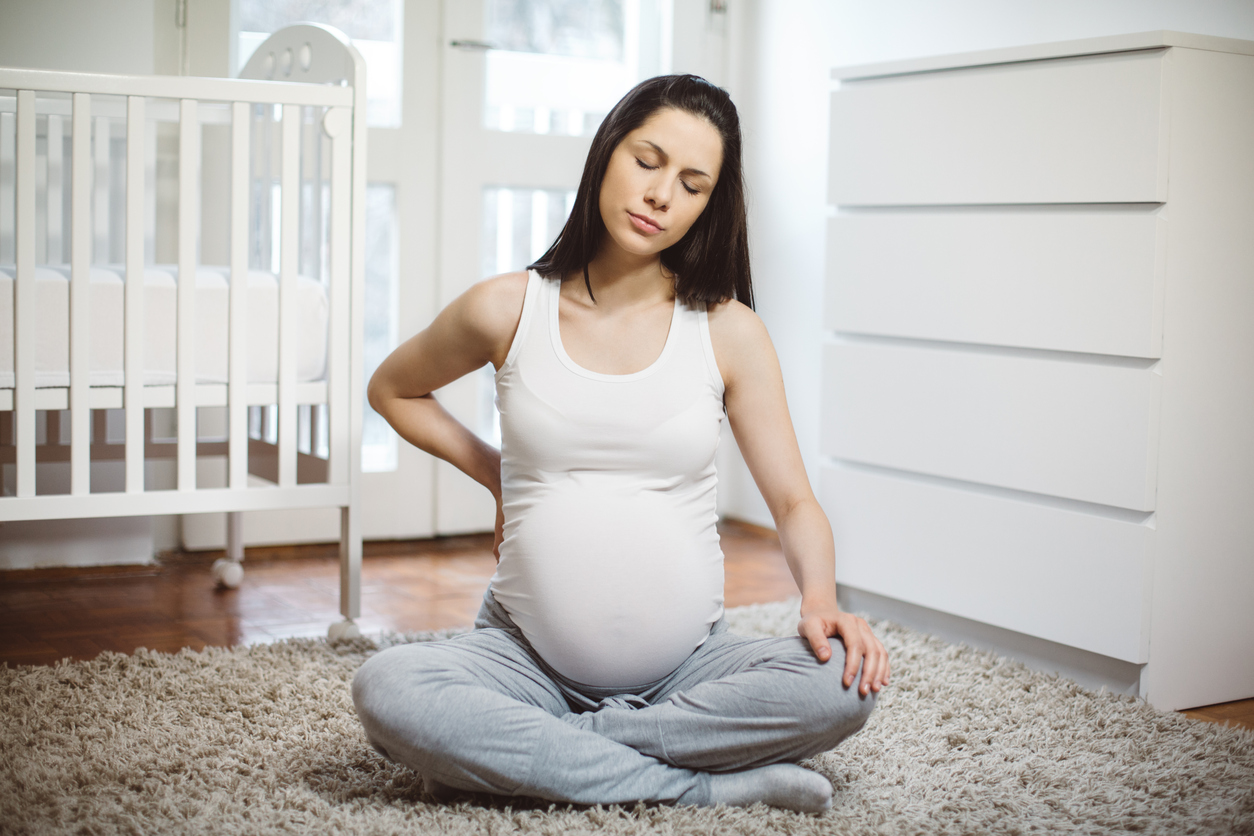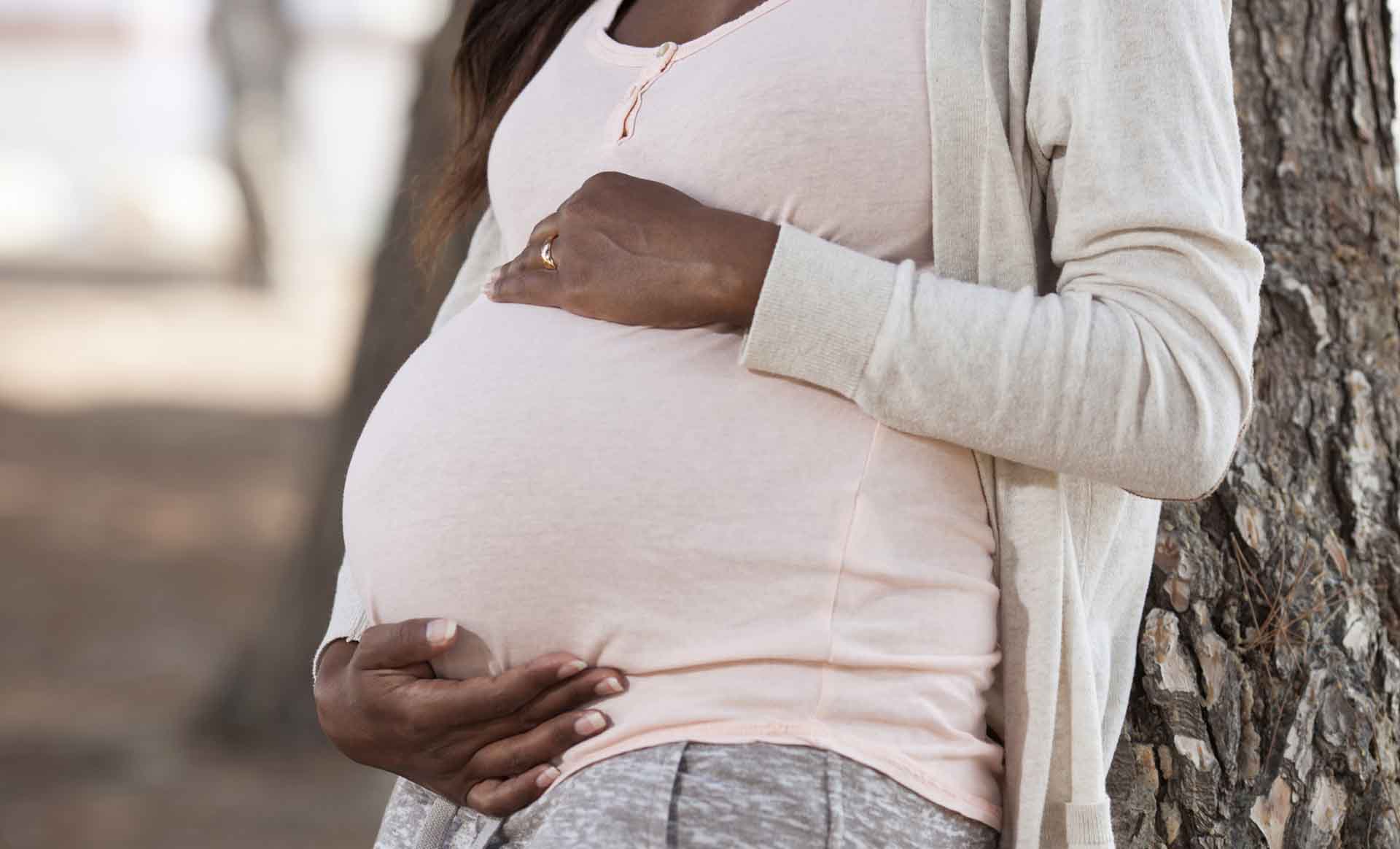-
It’s a question being asked more than ever before: when is the right time to have a baby? Perhaps it’s when the urge strikes and you suddenly feel “ready”. For others, it’s about getting the career and finances in order first. And then, let’s not forget those who give birth nine months after a good holiday in Bali -- surprise!
With the average age of first time mums in Australia steadily rising, mirrored by increasing rates of assisted reproduction (commonly known as IVF), there’s no doubt that more Aussies are putting prams and pumps on the back-burner. If you are thinking of starting a family a little later in life, here are a few things to think about.
MORE: Find out when you are most fertile here
What does the science say about age and fertility?
Scientific research shows that the chance of conceiving falls for both men and women as we age and, at the same time, the likelihood of losing a pregnancy increases. And there are biological reasons for this.
Women are born with a finite number of eggs, or oocytes, within the ovary. As women grow older both the number and quality of the remaining eggs diminish. However, there is no “cliff” – rather a gradual decline.
This is said to become more pronounced in a woman’s mid thirties, making it harder to conceive and maintain a pregnancy. According to one of Australia’s leading organisations on fertility, 75% of women attempting conception at age 30 conceive within 12 months, while for those trying at age 40 this drops to 44%. Furthermore, 20% of women who conceive at age 35 have a miscarriage.
With men, the quality of sperm decreases with age. From the age of 20, the volume of semen, and its ability to move towards an egg decrease continually. It means as a man gets older, it generally takes longer for his partner to fall pregnant, and the risk of miscarriage increases if the father is over 45, regardless of how old the mother is.
So, while having a baby in your late 30s or into your early 40s is entirely possible, it’s worth keeping in mind that it might be a little harder to conceive. And because everyone is different, there is no easy way to tell how late is too late.
MORE: What is IVF and how does it work? Find out here
Are there any other factors that affect fertility?
Age is an important factor to consider when deciding when to have a baby, but unfortunately you don’t always meet the right person at the right time (or have the resources and support to go it alone).
The good news is, age is not the only factor at play. Factors that influence fertility include:
- Maintaining a healthy weight: Being an unhealthy weight can affect your chances of conceiving. You know the drill: eat well and exercise regularly.
- Avoiding cigarettes, drugs and alcohol: These are not only harmful to a developing baby, but can interfere with fertility.
So if you are planning on putting babies off for a while, it’s a good idea to stay healthy in the meantime to maximize your chances when you are ready. Leading a balanced and healthy life won’t promise a pregnancy later in life, but it will certainly help improve your odds when you’re ready to conceive.
For others, health issues like endometriosis or fibroids may affect fertility, and their decision about when to start trying for a baby.
It’s not all about your body….
You’re more likely to raise a happier child when you feel capable of doing so – emotionally and financially. Your career and relationships are two important factors to consider, as well as feeling ready for the changes a baby will bring.
The ‘right time’ will be different for everyone. For some, finding the right partner or having the financial stability to raise a child means they will try for children later in life, or even consider freezing their eggs. For others, the most important thing is having the best chance of conceiving. Everyone is different.
Unfortunately, there is no clear answer to how long you should wait, but knowing the facts around age and fertility can help you weigh up your pros and cons, and what’s right for you.
If you’re thinking about starting a family, it’s a good idea to see your GP first, who can give you personalised information about fertility and pregnancy. And be sure to take a look at ‘Our people like you tool’ to see if private health insurance is right for your pregnancy journey.
How long can you wait to have a baby?

-
Avoiding cold and flu during pregnancy
During pregnancy, women are at an increased risk of experiencing complications from the flu. Make sure you understand what steps you can take to help keep you and your baby healthy.
-
Choosing childcare that fits your family
Here’s what you need to know when choosing childcare
-
How to avoid 'dad bod'
How to keep fit and healthy with a new baby in the house
-
Expecting a baby during COVID-19
We address some common questions you may have.
-
How your extras can help during pregnancy
Use your cover to stay healthy
-
Pregnancy self-care essentials
Obstetrician Dr Chris Russell shares some advice.
Subscribe to receive the best from Live Better every week. Healthy recipes, exercise tips and activities, offers and promotions – everything to help you eat, move and feel better.
By clicking sign up I understand and agree to Medibank's privacy policy






